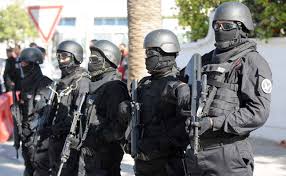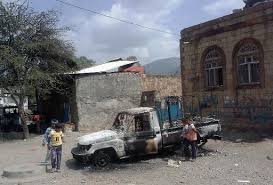Campaigning opened Saturday for a presidential election in Tunisia, the birthplace of the Arab Spring, with secularist Beji Caid Essebsi seen as the front-runner after his party won milestone parliamentary polls.
Essebsi, 87, leads a field of 27 candidates in the November 23 vote, after Nidaa Tounes came out on top in last Sunday’s legislative election, beating the previously dominant moderate Islamist movement Ennahda.
Tunisians hope both elections will provide much-sought stability nearly four years after the revolution that drove longtime dictator Zine El Abidine Ben Ali from power in 2011.
Presidential candidates include the incumbent, Moncef Marzouki, woman magistrate Kalthoum Kannou and also former Ben Ali ministers.
If no candidate secures an absolute majority on November 23, a second round of voting will take place in late December.
It will be the first time Tunisians have voted freely for their head of state.
Between independence from France in 1956 and the revolution, Tunisia had just two presidents — the “father of independence” Habib Bourguiba and Ben Ali who overthrew him in a 1987 coup.
Ben Ali occupied the Carthage Palace until he was himself forced out, this time by people power, fleeing to Saudi Arabia on January 14, 2011.
In an effort to prevent a new dictatorship, the new president’s powers will be restricted under a constitution adopted in January, with most executive power resting with the premier from the parliamentary majority.














